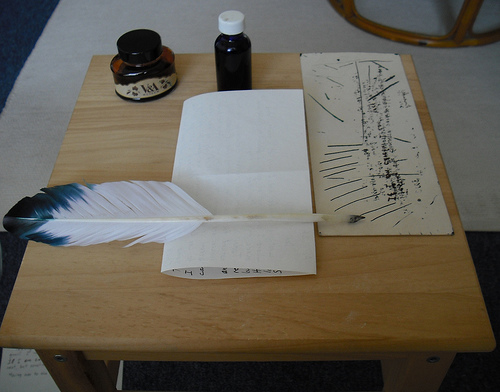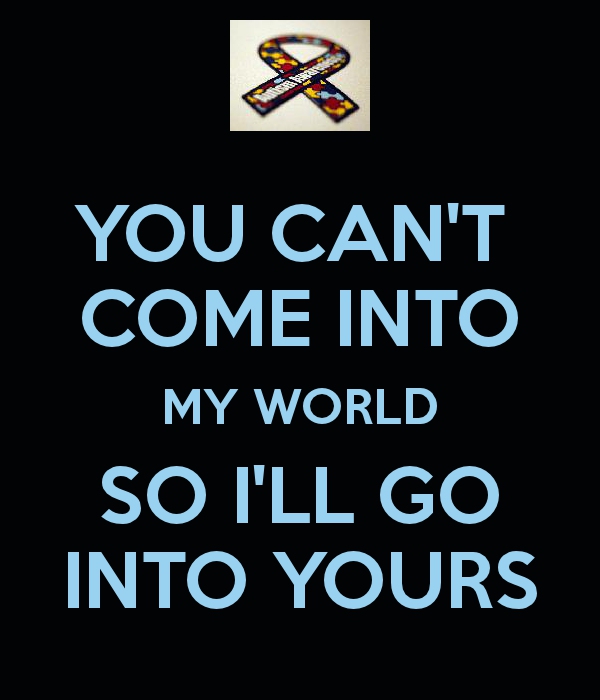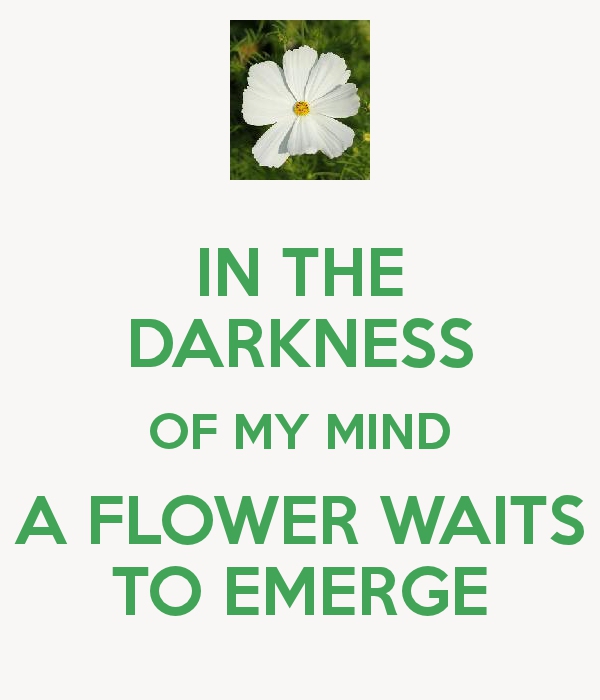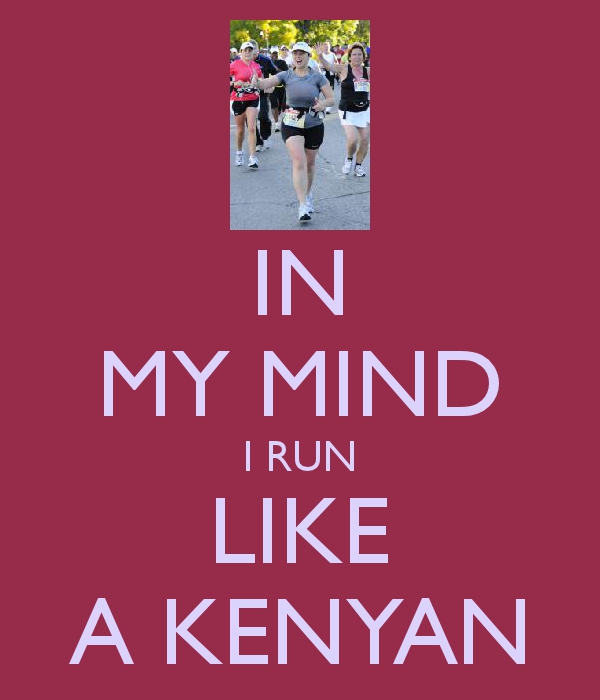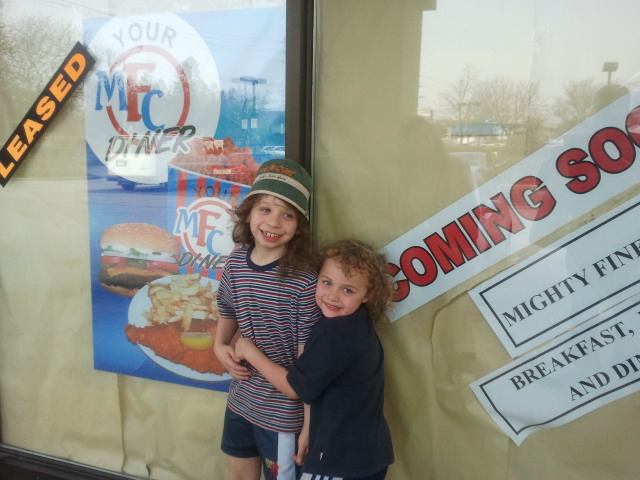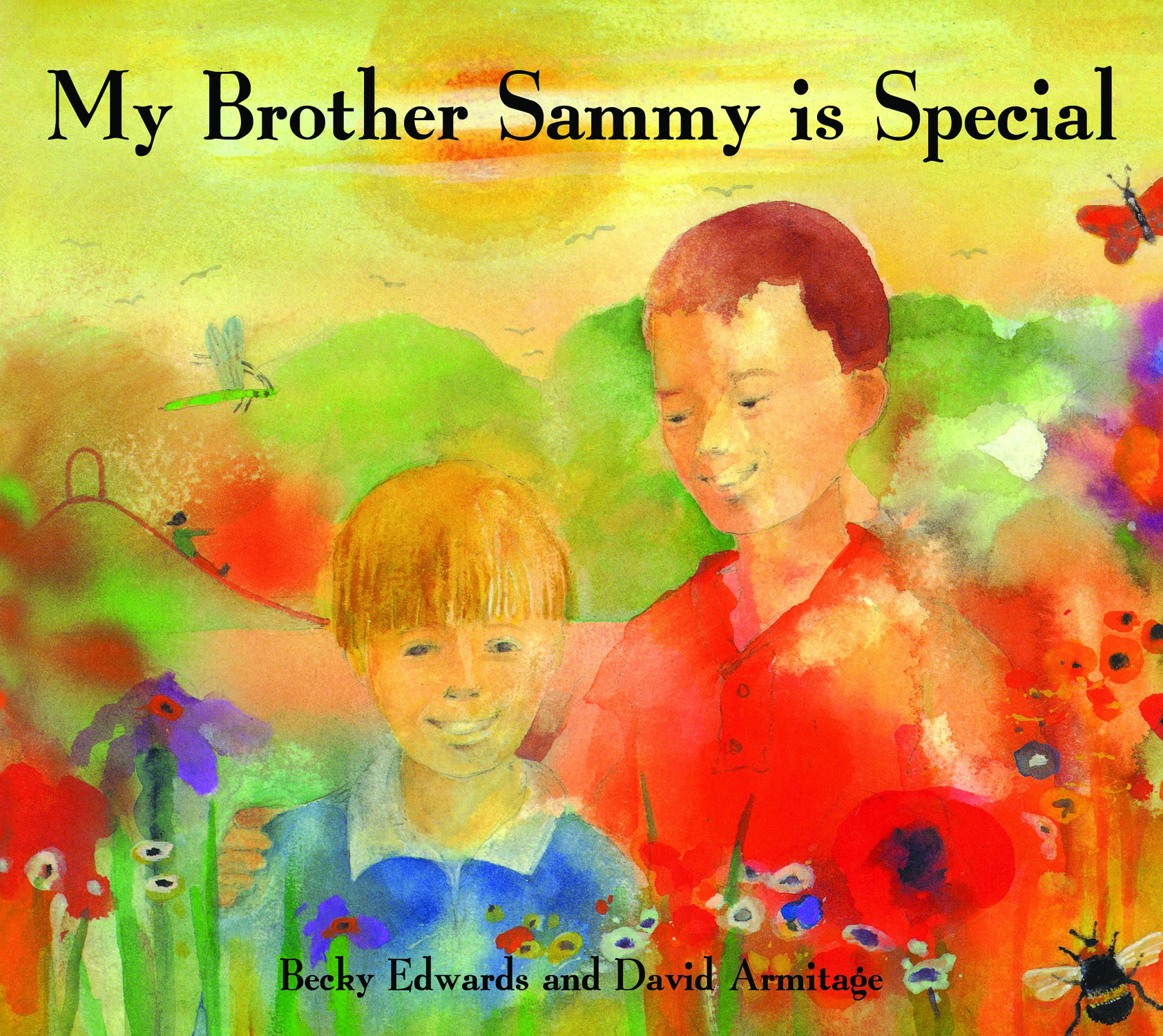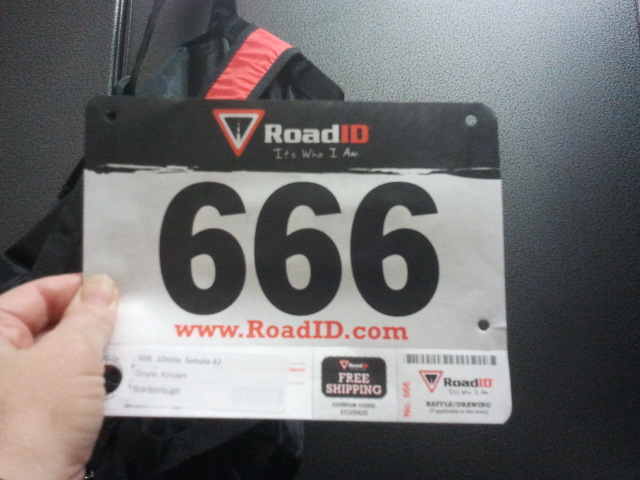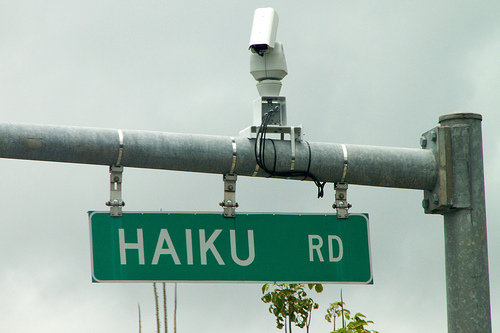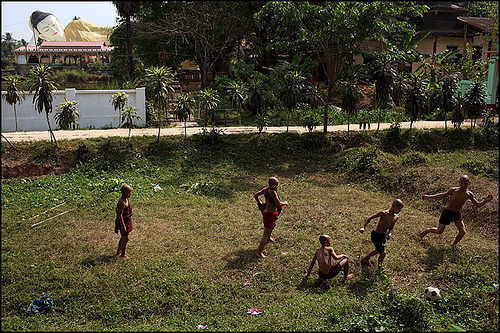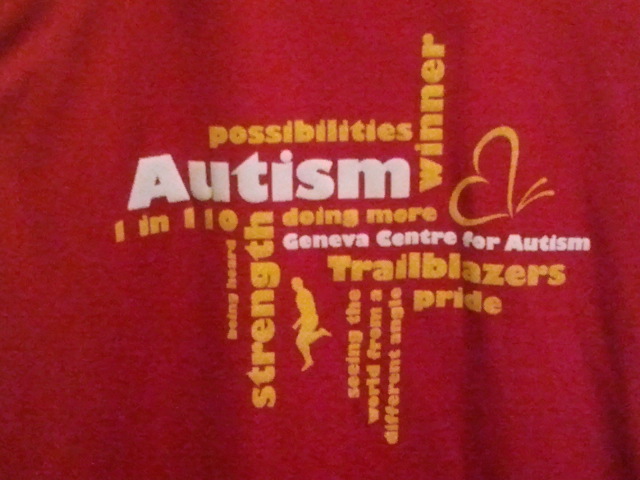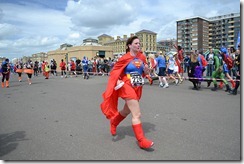I am participating in the Health Activist Writers Month Challenge, in which I publish a post every day for the month of April, based on health-related prompts.
April 10 – Dear 16-year-old me: Write a letter to yourself at age 16. What would you tell yourself? What would you make your younger self aware of?
I am writing to you from 26 years in the future. I am 42 years old, and a lot has happened in the last two and a half decades. The world is a different place now, and I have grown up a lot since I was – well, you.
I don’t want to tell you too much about the next few years of your life, because as painful as some of it will be, it wouldn’t be right for me to change it. I am who I am today because of some of that stuff. You have to live through it, knowing that you will survive your worst times and come out stronger for it.
However, there are a few things you should know, that will make it a bit easier for you to navigate the next 26 years.
1) You are not fat, no matter what anyone tries to tell you. You are a beautiful young woman, and this body image problem that you have is just going to cause problems for you later in life.
2) When you go to that birthday party that’s coming up and drink a truckload of beers, Mom will smell your boozy breath from a mile away when she picks you up. Especially when you open your mouth to make lame excuses for why you’re tripping over your own big toes.
3) When they bring in the school’s first computer later this year, pay attention to it and learn how to use it. Computers will become a massive part of your life so you may as well start now.
4) That hairdresser appointment you have next week? For the love of God, cancel it. Believe me, you do not want a perm. It will take the phrase “big hair” to a whole new level.
5) If you meet a good-looking guy in the hallway of the medical centre, don’t talk to him. He’ll just cause trouble for you. Don’t fall for his flattery.
6) You’re allergic to mangoes. Like, seriously allergic. If you avoid mangoes, you will avoid anaphylaxis and a trip to an Israeli hospital where they’re very nice but don’t speak good English.
7) Things will happen during your University years that will be very hard on you. You will not be as alone as you will feel, and if you ask for help, you will get it. Don’t try to go through it alone.
8 ) Just because one therapist is mean and judgmental, that doesn’t mean they will all be like that. Don’t try to deal with depression alone for twenty years before you get help.
9) Find out as much as you can about autism and take your first child for screening as soon as you see the signs. The doctor will try to get you to wait for another year. Don’t listen to him. Threaten to sit in his office gathering dust until you get a referral.
10) Post-partum depression is a terrible, scary thing, especially when it goes undiagnosed for over a year.
11) Take care of your feet. You’re going to be getting plenty of use out of them. When you really get into the running, your feet will not be your most attractive feature. Wear your callouses and blackened toenails with pride.
12) You don’t realize yet that you are a runner. When your inner runner emerges, go running with Dad every opportunity you get. Later in life, you will hold onto the memories of those runs like treasures.
13) You deserve happiness, and you deserve to be treated with true respect. Don’t settle for anything less.
14) Enjoy your sleep while you can. When you become a mother, you will yearn for it.
15) In a few years’ time you will go to Israel. It will be one of the best times of your life and you will meet some people who will become lifelong friends. Enjoy it and store as many memories of it as you can.
16) The degree you do at University will have no relation to your eventual career. That does not matter. The degree will be useful to you in other ways.
17) Spaghetti mixed with ketchup does not make a gourmet meal, and you will get some very strange looks if you make it for your parents as a special treat.
18) Don’t try going on antidepressants without the guidance of a therapist. As the depression lifts, some other feelings will emerge that will seem scarier. You will need help managing those feelings.
19) The person who has been your best friend since you were ten will still be your best friend when you are 42. Your friendship will survive a rift and you will be there for each other through many major life events. Treasure this friend, because she really is a gem.
20) Life is too short for bullshit. Don’t bear grudges, don’t procrastinate, and make the most of every opportunity you have.
21) Take care of your teeth. When Mom lectures you about flossing, she’s right.
Enjoy your youth, Younger Me. It will be gone all too quickly, and you want to have some good memories of it to carry you through the darker patches of your life.
I’ll see you in 26 years’ time. Enjoy the ride!
Regards,
Older You





